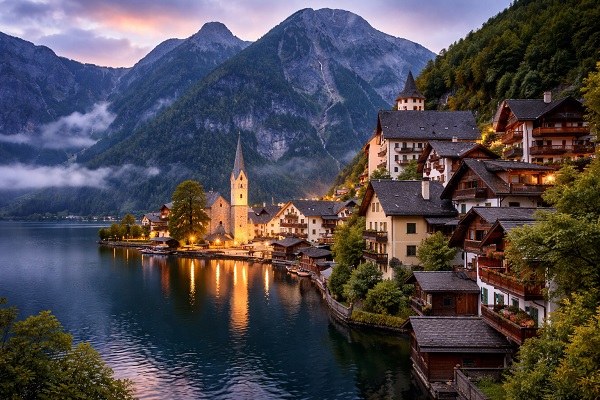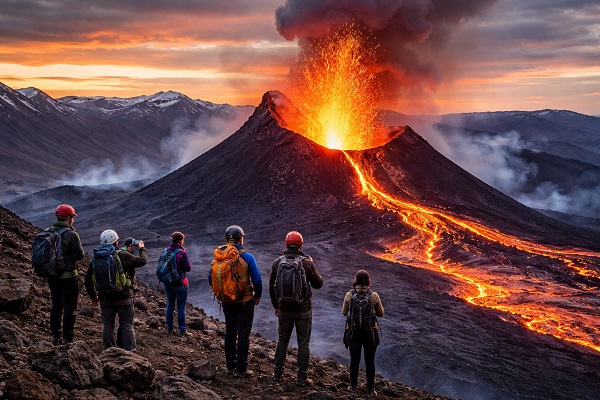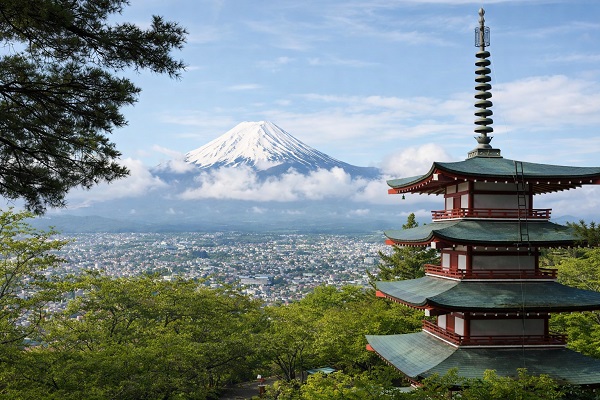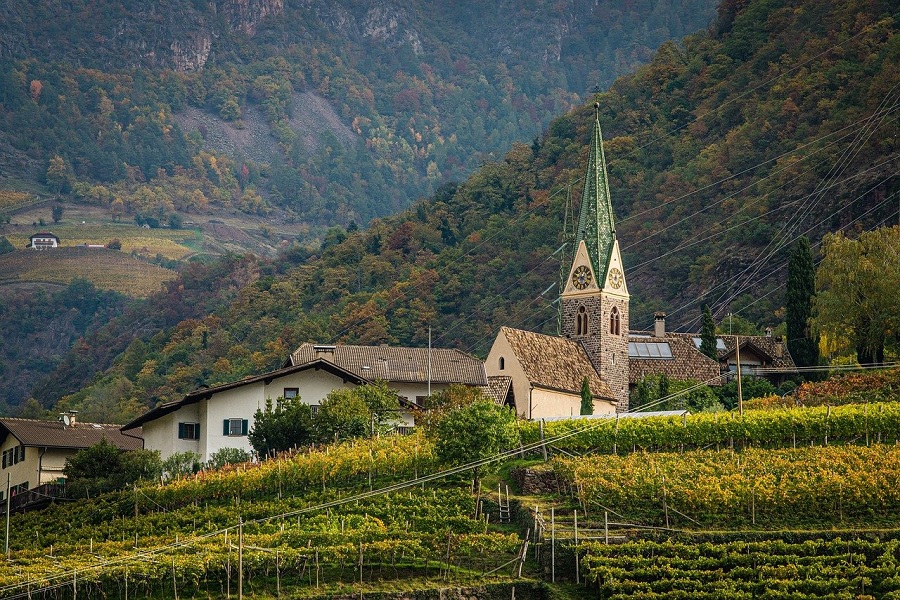Kenya's pristine forest draws tourists to geothermal steam sauna
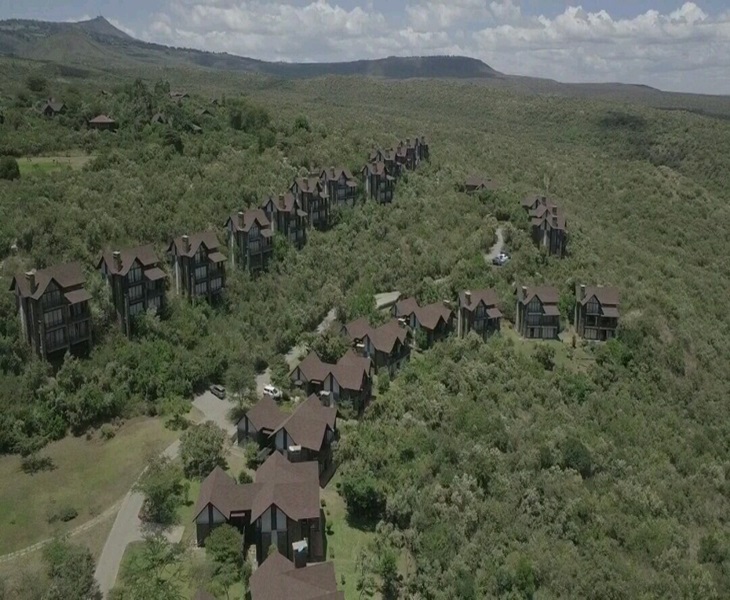
Amos Omondi, a resident of Nairobi, Kenya's capital, enjoys relaxing in urban saunas, surrounded by sleek, well-equipped spa facilities. Recently, however, Omondi has traded city luxuries for a more natural experience, venturing into the scenic depths of Eburru Forest, located in the resort town of Naivasha, about 100 kilometers northwest of Nairobi.
"This is better than the sauna in the city because you get to enjoy the scenic views of the forest," Omondi told Xinhua news agency.
He is among a growing number of visitors flocking to a hidden gem in Eburru Forest, a natural underground geothermal steam vent. To reach the site, visitors must descend a steep, rocky path, where steam rises from a crack in a rocky outcrop.
"There was a rupture in the rock where geothermal activity occurred, allowing steam to escape at temperatures of up to 90 degrees Celsius," said Douglas Chege, a tour guide with over a decade of experience.
To counter the strong sulfuric smell common in geothermal sites, Chege employs a unique technique: squeezing mint leaves between the rocks, infusing the air with a refreshing, calming scent.
After spending 20 minutes in the sauna, Omondi emerged drenched in sweat. "I feel very refreshed. I wish I could have stayed longer," he said as he climbed back up the rocks.
Eburru Forest, covering roughly 8,000 hectares (80 square kilometers), sits on the rolling foothills of Mount Eburru, an active volcanic mountain. It is part of the larger Mau Forest, Kenya's largest water tower. Yet, the forest was not always as lush as it is today. In the late 1990s, uncontrolled logging and charcoal production nearly decimated it.
The Kenya Forest Service (KFS), in collaboration with the Rhino Ark Kenya Charitable Trust, a conservation organization, launched restoration measures by installing a 43.4-kilometer electric fence to protect the forest and reduce human-wildlife conflict. The initiative has been a success, with biodiversity steadily returning, according to Josephat Wagura, a KFS fence attendant.
Wagura said that local communities have become key stakeholders in conservation efforts, benefiting from activities such as honey harvesting and eco-tourism. "People used to fear farming or building permanent homes because of wildlife attacks," Wagura said. "Now, they live peacefully with the animals and in better homes."
Eburru Forest is also a haven for bird watchers and home to several species, including the critically endangered mountain bongos, as well as leopards, giant forest hogs and buffaloes.
To access the natural sauna, visitors have to pay a small entry fee to KFS. "We have guests from Europe and America who come to enjoy the sauna. They always return because it works wonders," Chege said.
He also advised that visitors should have a guard accompany them to the sauna, as wild animals frequent the forest. Chege further urged sponsors to help set up changing rooms for added guest comfort.

















